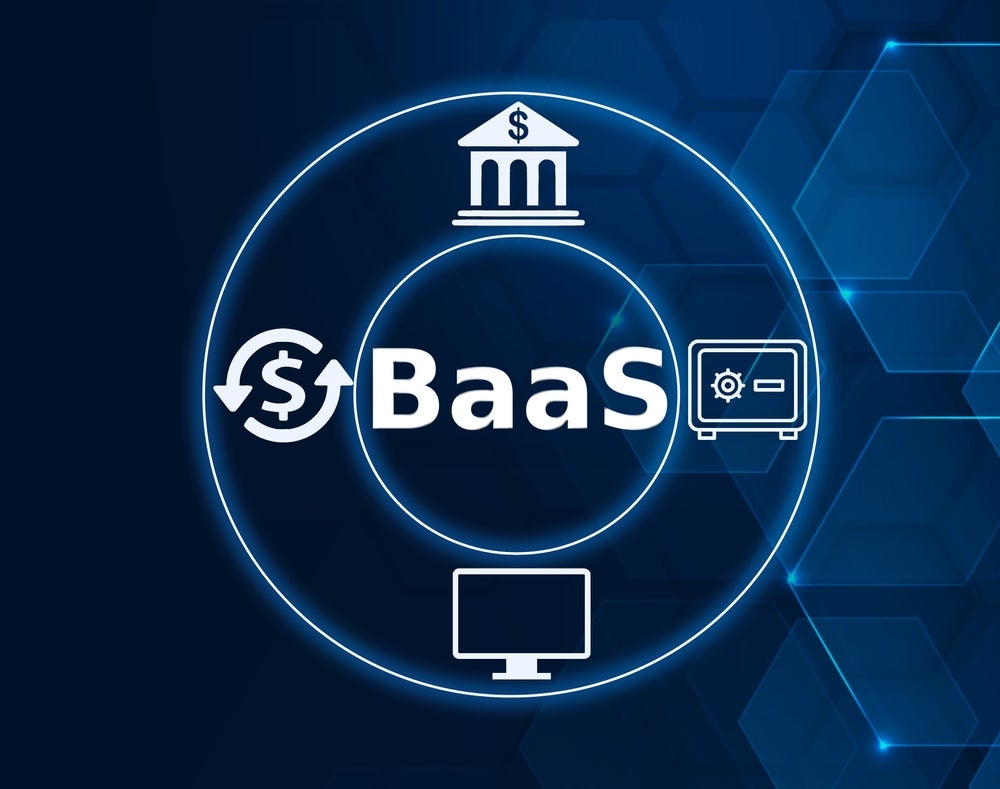A slew of recent reports
and surveys emphasise the growing problem of online fraud.
Statistics suggest anti-fraud measures are starting to work, but
are banks and payment schemes doing an adequate amount, and acting
fast enough? Louise Naughton reports
 E-commerce is
E-commerce is
becoming an increasingly important feature on the payments
landscape, and with chip technology successfully driving down
instances of card fraud, fraudsters are moving online, and have
become an invisible and increasingly dangerous threat.
Banks in the UK are being
criticised for being unprepared and unaware of online fraud, which
in turn jeopardises their already shaky relationship with
customers.
A YouGov survey, commissioned by
financial and online services management solutions company eWise,
found one fifth of online shoppers have fallen victim to online
fraud in the UK. Furthermore, 88% of online shoppers polled said
they have either fallen foul of cyber criminals or they are worried
that fraud is something that will happen to them in the future.
Over half of the respondents
revealed they have abandoned an online purchase in the last year
due to security fears and the proportion of consumers concerned
with online security is said to have increased with age.
How well do you really know your competitors?
Access the most comprehensive Company Profiles on the market, powered by GlobalData. Save hours of research. Gain competitive edge.

Thank you!
Your download email will arrive shortly
Not ready to buy yet? Download a free sample
We are confident about the unique quality of our Company Profiles. However, we want you to make the most beneficial decision for your business, so we offer a free sample that you can download by submitting the below form
By GlobalDataOnly 20% of consumers chose debit
cards as a perceived secure payment method when transacting over
the internet, which is troubling news for card networks and
banks.
“This is a worrying sign, it seems
banks and consumers have drifted apart,” said John France, managing
director at eWise payo.
“The figures we have highlighted
are alarming. In spite of the time and money invested in protecting
consumer’s online security, retailers’ websites are still being
hacked and fraudsters continue to win the battle.”
The UK government’s Treasury Select
Committee (TSC) has also voiced its disapproval at UK’s banks’
conduct regarding online fraud.
In its report Competition and
Choice in Retail Banking the TSC claims banks are not doing
enough to protect consumers and voiced its surprise at how
unprepared they appear to be when faced with potential internet
fraud.
“Given that a much greater share of
the market is likely to be taken in by the internet in later years
it is surprising how little work has been done to improve security,
and the lack of detail apparently available to the police concerned
us,” said the report.
Pending
investigation
The TSC has recommended that a full
investigation be carried out by competition authorities to
investigate what more can be done to improve online security.
It is believed that the Committee’s
call for a more in-depth look into online banking fraud could
prompt an investigation by the Office of Fair Trading.
Online banking fraud losses
totalled £46.7m ($76m) in 2010 – a 22% fall on the 2009 figure,
according to the UK Cards Association. The fall is attributed to
customers better protecting their own computers with up-to-date
anti-virus software combined with banks’ use of sophisticated fraud
detection software. This decrease has occurred despite a continuing
rise in phishing attacks, up 21% from 2009.
Jim Fulton, vice-president at
security solutions provider DigitalPersona claims there may be a
growing need for better authentication but multi-factor
authentication for consumer banking has not always proven popular
among consumers.
“Efforts in the US several years
ago showed passwords were difficult enough; requiring auxiliary
credentials such as tokens never really got off the ground and
regulators allowed banks to use passive credentials such as PC
network addresses and routing information,” says Fulton.
“However, as people become
ever-more familiar with online banking, the options for advanced
authentication become easier for people to accept, banks are likely
to continue looking at how to prevent unauthorised people from
masquerading as others.
“This will likely be coupled with a
different way of authenticating individual transactions to minimise
the opportunities for new ‘man-in-the-browser’ attacks that sneak
in after the user has authenticated.”
Fraud fears failed to dampen the
UK’s online shopping sales in March as it reached its highest sales
volume in three years – rising to £5.1bn. According to the IMRG
Capgemini e-Retail Sales Index, the month of March saw online sales
increase year-on-year by 14%, the equivalent of £82 per person.
“The Index reveals an encouraging
performance for the e-retail market during March and confirms that
online continues to be the beacon for the UK retail market during
these tough economic conditions, with the high street suffering its
worst drop in sales for 15 years during the same period,” said Tina
Spooner, director of information at IMRG.
“IMRG’s recent online confidence
survey revealed that over 70% of UK retailers expect online sales
to remain healthy for the remainder of the year which, when
combined with the solid growth recorded by the Index, indicates
that the outlook for 2011 remains positive for the UK e-retail
industry.”
The YouGov study also found 72% of
consumers that conduct e-commerce and have access to online banking
claim they would feel more secure transacting over the internet if
their bank provided a payment option that allowed them to pay for
goods online directly from their online banking account.
eWise payo plans to launch an
Online Banking enabled Payment network (OBeP) in the UK during the
third quarter of 2011 to combat such security insecurities among
consumers.
Only time will tell whether this will be enough to bridge the
ever-increasing gap between banks and their customers and finally
allow them to fight cybercrime in a united fashion.






